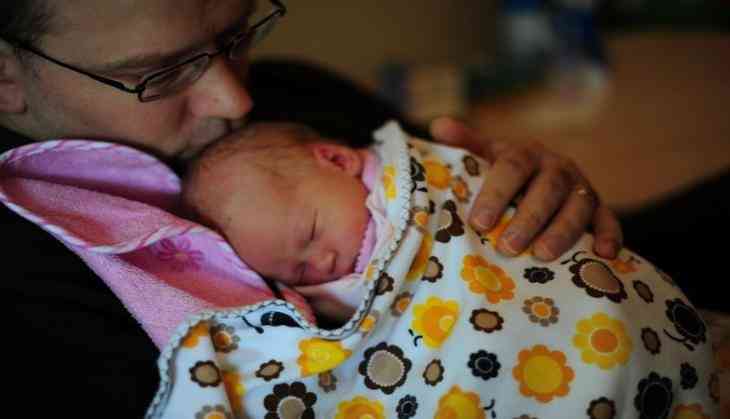
Children whose parents have spent time behind the bars have worse social, economic, cognitive, behaviour and health outcomes than the kids whose parents haven't and now, a recent study has shed some light on why it is so.
Fathers, who have been incarcerated at some point from their child's birth through age 9, are nearly 50 percent less involved in their child's education, compared with fathers of the same race and income level who have never been incarcerated, according to the study co-written by Cornell University's Anna Haskins.
The formerly incarcerated fathers may avoid their child's school because they see it as a "surveilling institution" an entity, like a bank or a hospital, that has increased security, direct connections to other public agencies and keeps formal records, the research found.
"They may avoid institutions they see as 'surveilling' because of distrust or dislike of the criminal justice system and police or shame and stigma - regardless of whether they've done anything wrong," Haskins said.
"Schools are unique because most people don't think of them as surveilling institutions. But with their increases in security guards and metal detectors, they can seem that way to people wanting to avoid any further contact with the criminal justice system," she noted.
The research has important implications, given the increasing prevalence of incarcerated people in the United States. Parental incarceration peaks by age 9; by middle childhood, nearly one in every 10 children has a parent who has been incarcerated, Haskins said: "That's three kids in every elementary school classroom."
"If you are not engaged in schools, you're severing that opportunity, restricting avenues of social integration and potentially transferring feelings of institutional distrust," she said. "So, you can just imagine the trajectory of disadvantage this sets up for particular groups of kids and families as early as during elementary school."
The study appears in the journal American Sociological Review.
-ANI


